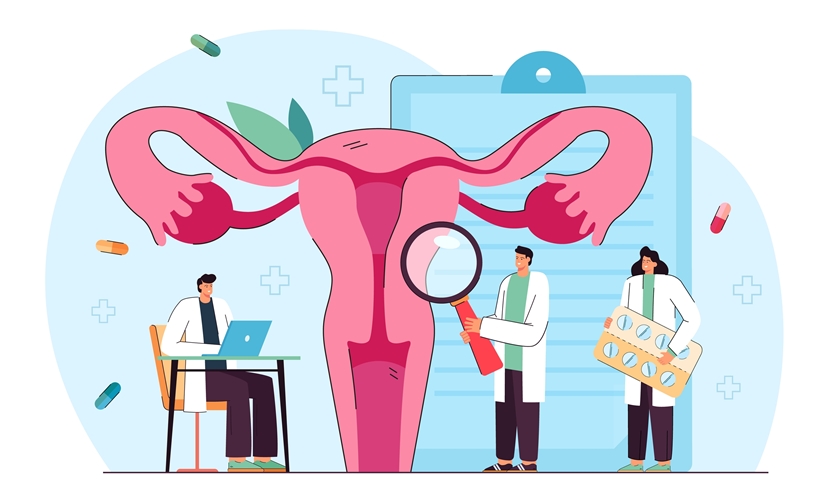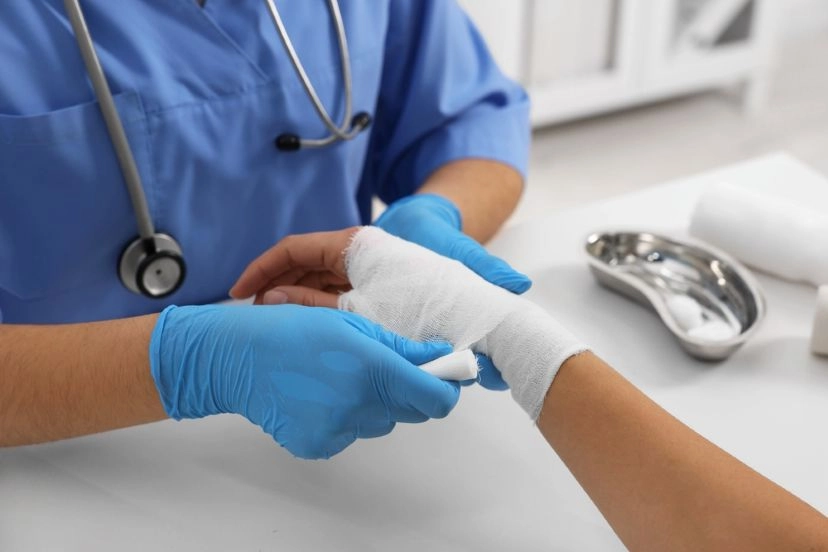Vaginal dryness is a significant issue for many women that we should not ignore

Vaginal dryness is a significant issue of sexual intercourse, especially in postmenopausal women because of the lack of natural lubrication during sexual activity which can lead to discomfort, pain, and even a wound. Some women may endure these symptoms to the point where they no longer find pleasure in sexual activity. Some women use lubricants until they experience allergic reactions. Let's discuss this issue with Dr. Wanchat Komol, an obstetrician and gynecologist specializing in women's pelvic medicine and reconstructive surgery at Phyathai 2 Hospital's Women's Center.
What causes vaginal dryness?
Vaginal dryness can occur at any age particularly in the group of increasing age, which is more common in postmenopausal women due to low levels of hormones. Other factors such as autoimmune diseases and certain medications that alter hormone levels can also contribute to vaginal dryness as follows:
• People who take birth control pills or receive contraceptive injections
• People who take medication for uterine fibroids or endometriosis
• People who take antidepressants, which can reduce secretions and may lead to vaginal dryness
• People with cancer who need chemotherapy or radiation therapy
Observe these symptoms; you may have vaginal dryness:
• Burning, pain, itching, or irritation in the vagina or vulva
• Painful or intense burning sensation during sexual intercourse
• Increased urinary frequency or recurrent urinary tract infections
• Vaginal bleeding
If you endure intercourse while experiencing vaginal dryness, what are the negative effects?
Severe pain during sex can significantly decrease interest in sexual activity and make it difficult to reach orgasm. This can affect relationships and lead to emotional distress, including feelings of shame and insecurity. Physically, it can result in injuries, urinary tract infections, and infections.
What are the prevention methods and treatments?
Since the primary cause of vaginal dryness in many women is menopause, which is a natural part of aging, prevention may not be possible. However, treatment can involve the use of hormone therapy to stimulate lubrication, the use of gels, lubricants, or moisturizers. And also discussing with your partner about foreplay before intercourse may also help.
For individuals with underlying medical conditions, it is important to consult with the treating physician to adjust medications appropriately, as some medications may reduce natural secretions.
Vaginal Rejuvenation with PRP Innovation for Addressing Vaginal Dryness
PRP (Platelet-Rich Plasma) is a component of blood, extracted as plasma, which contains growth factors. When injected into the vaginal area, these growth factors stimulate blood flow, promote the growth of new cells, and rejuvenate the vaginal area. This results in increased natural lubrication and improved vaginal moisture.


